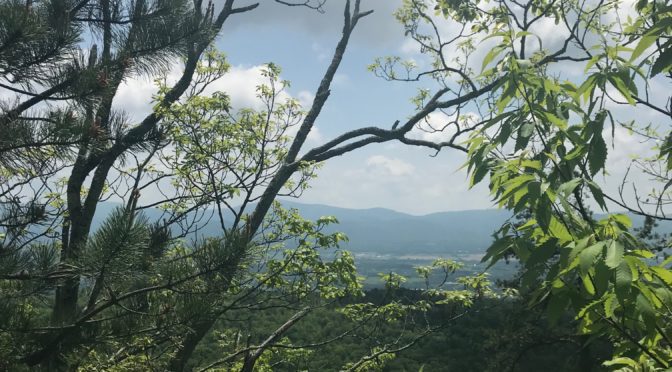
VADEQ Stop Work Order to MVP is Not Enough
The Virginia Department of Environmental Quality (DEQ) made an announcement yesterday, that the agency is issuing a stop work order (“instruction”) for a section of the Mountain Valley Pipeline, is welcome news. However, DEQ inspector’s own reports, supplemented by hundreds of citizen complaints, show that in 2019 MVP has continued the pattern of repeated and frequent violations and infliction of damages documented in Virginia’s lawsuit against MVP last year. These problems are found along the entire pipeline route, have polluted numerous waterbodies, and have violated the property rights of dozens of private landowners.
VADEQ’s stop work order to address individual or small sets of violations is necessary and appropriate but they will not force MVP to solve the systemic problems that have existed since the day tree cutting began. We are calling on the VADEQ to go beyond the stop work order. The Mountain Valley Pipeline is riddled with problems that need to be addressed, and a VADEQ stop work order is not enough.